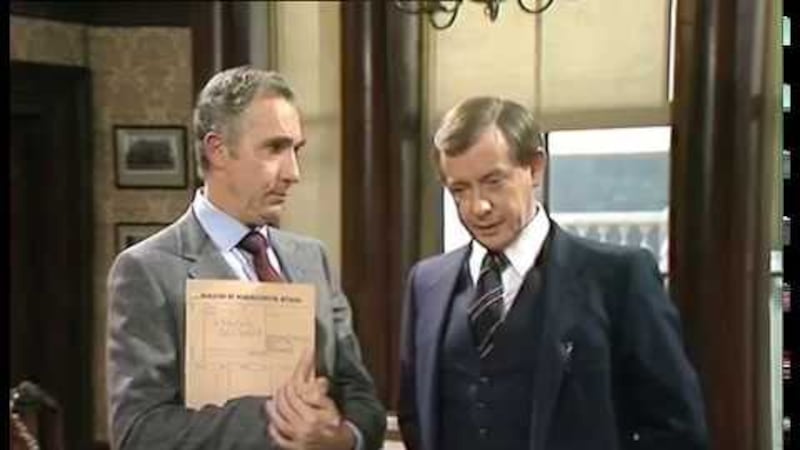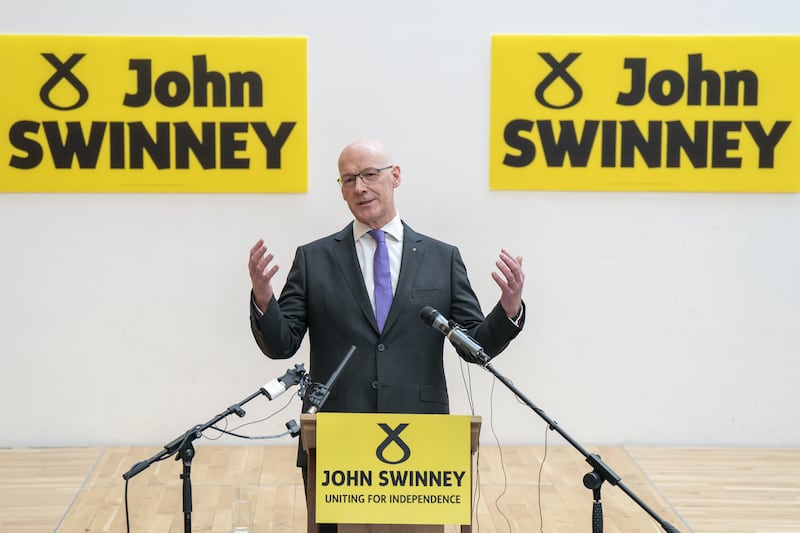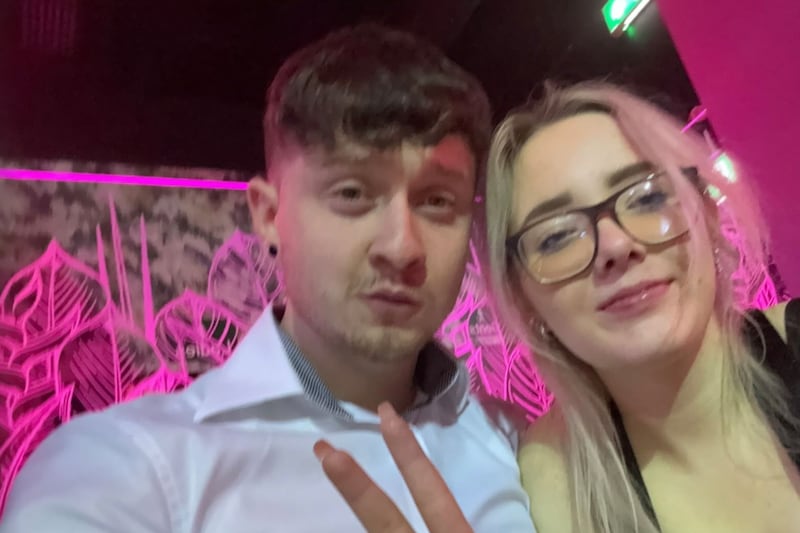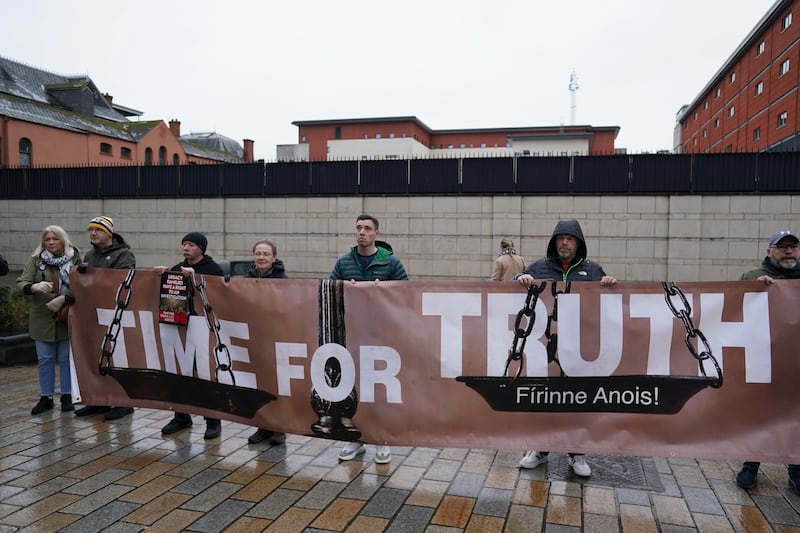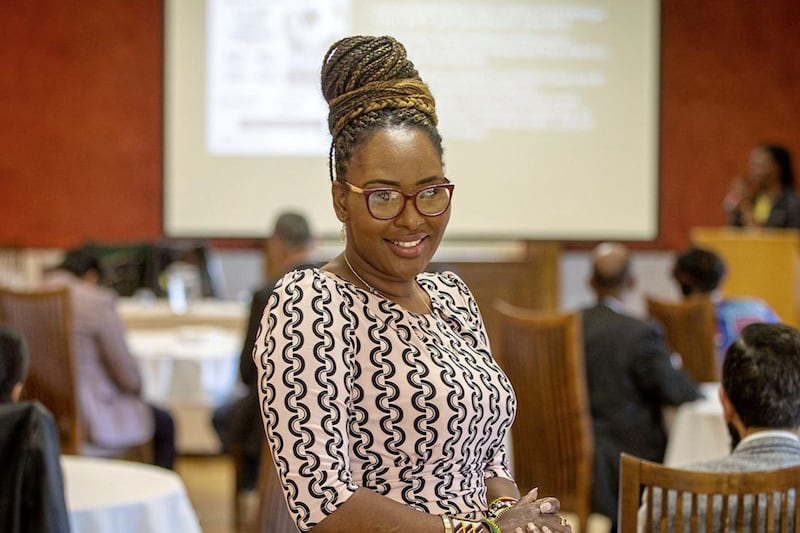IT won't come as a surprise to learn that paramilitary groups remain highly active.
Recent threats against journalists, thought to have been made by the Carrickfergus-based South East Antrim faction of the UDA, emphasise the danger they pose.
Nonetheless, it is dispiriting that more than 22 years after the Good Friday Agreement paramilitaries continue not only to operate but also to prosper.
The agreement's promise of peace is unfulfilled in far too many districts across Northern Ireland.
Central to this is the maintenance of the semi-formal structures that underpin their activities and enable them to exercise control in certain areas.
The UDA and UVF, for example, still have 'subscription' arrangements that are understood to yield around £250,000 a month in payments from more than 12,500 members.
Indeed, the loyalist paramilitary groups are still recruiting members. It is questionable how many of these are what might be called 'active' - such is the fear, violence and control associated with the UDA and UVF, one can begin to understand that paying 'dues' is preferable to the intimidation and injury that refusal could bring; it is essentially a form of extortion on their communities.
The money - understood to be around £20 a month - goes to pay the 'wages' of the local 'brigadier' and their associates.
New recruits, typically young men, are given 'foot soldier' duties linked to the paramilitary groups' criminal activities, including drug dealing, extortion and loan shark rackets.
In its most recent report, published last month, the Independent Reporting Commission - which provides updates on progress made on ending paramilitarism - said that although "only a relatively small number" are directly involved in specific illegal activities, the continuing existence of paramilitary groups represented a "clear and present danger on an ongoing basis".
Security assessment has also pointed to the continuing existence of the IRA; although said to be committed to the political process and no longer recruiting members, it still has access to weapons.
The INLA is highly involved in the drugs trade and there are as many as seven dissident republican groupings.
Taken together, it's a thoroughly unpromising and depressing picture.
Clearly much more needs to be done to remove all paramilitary groups from the stage. This demands a policing response.
But their continued existence also represents a political failure and - as with the legacy issue - an unwillingness to confront this society's most difficult problems. We all deserve better.
